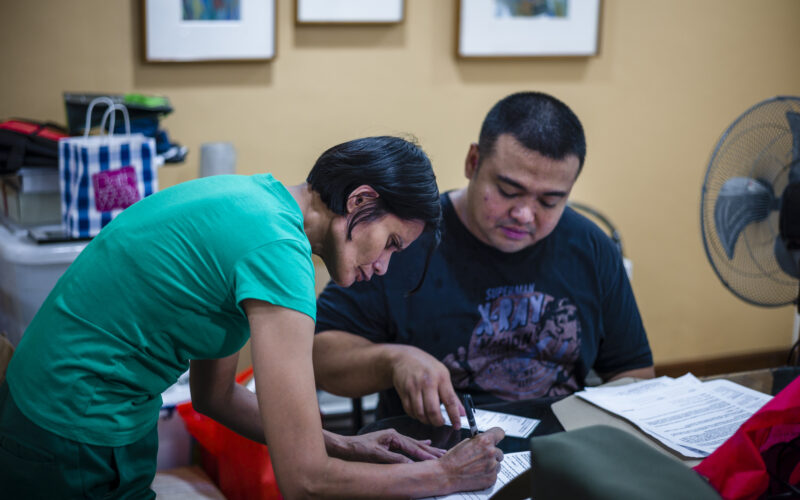February was a fairly busy month for me that involved attending my first anime convention since I moved to Canada, a webinar that led to my first paid “work” as a community developer, and a hybrid day-long workshop that is hopefully leading to some much-needed experience to put on my resume. This resulted in my not having too many articles to choose from for my monthly roundup; however, I think I’m pretty pleased with what I was able to learn.
Advancements in Reading Comprehension
One of the most valuable pieces of advice I received in my first year of grad school was how to quickly review the assigned reading for my classes, including the tip that if you read the first sentence in a long paragraph and the last sentence in a paragraph, you may understand more about the point the author is trying to make than if you read the entire thing. Tips like this helped me get through grad school, and I also believe that more people should be writing articles like the ones in the How to Teach This Paper series from The Transmitter for their own fields.
The column is written by an associate teaching professor at UC San Diego named Dr. Ashley Juavinett, and I absolutely love how it is laid out in the most recent article about how some neurobiologists manipulated mice into thinking they had received electric shocks. After the introduction, Juavinett describes pre-reading activities that both instructors and self-learners can use to prepare their minds for the concepts and details which bits may be difficult for students to understand and makes suggestions on how to approach them. I also appreciate that Juavinett conducted an interview with one of the authors about the paper which was published in 2013 and describes him as being just as excited about the work as he was when he originally wrote it. I aspire to bring this kind of understanding to the general public about the business of running a public organization and I hope I’ll be able to achieve it in my career.
Ironically, an example of what happens when reading comprehension isn’t practised can be seen in the comments to an article I liked from The Woke Salaryman. Written by He Ruiming and drawn by Wei Choon Goh, the article is about the importance of financial literacy when you are in a romantic relationship with someone and sharing a household; the insights within are those which I have learned as well in my current marriage. However, it’s the comments I’d like to draw attention to right now.
The first person to reply is named Suzie and they directly state that they “politely disagree” with the premise of the column. I won’t give an opinion on their reasons for disagreeing, but they are clearly expressed in a way that describes why she prefers to have separate financial accounts from her husband. The second person to reply says they “are in Suzie’s camp”. It’s a person named Steve, and he then goes on to say that he has never had a separate financial account from his wife in 45 years. He agrees with the premise of Suzie’s reasons for having separate financial accounts and explains how he and his wife get around those reasons by having multiple “joint accounts”.
In that way, I can see that yes, Steve is somewhere in the vicinity of Suzie’s camp because he is agreeing with her premise. However, the rest of his statement can in no reasonable way be seen as a support for her stance of maintaining financial independence from her spouse. I can only hope that I’m not the only person who sees the rhetorical fallacy.
Case Study of the Month
Reading case studies is essential research for any graduate student and/or professional who wants to advance their own knowledge of how their field works and/or discover new innovations they may want to enact at their workplace and/or in their community. This one which was co-published by Strive Together, Kids Impact, and Cradle to Career Fresno County is no exception. Rather, the concepts within it are something that I think I might want to graft into the “additional remarks” section of the recommendations slide for future presentations I give about my Master’s capstone research project.
The case study focuses on a group of six high school students from Fresno, Calif. who created a youth impact assessment to determine why their school lacked diversity in STEM offerings. Aided by people from all three nonprofit organizations, they were able to come up with a solid set of recommendations and possible plans of action which could help the parents, guardians, and caregivers of Sanger West High School students encourage their children to become more engaged in their own science education. The case study itself is a fantastic read and I wish I knew exactly who wrote it so that I could give them proper credit both in this blog post and whenever I decide to cite it.
“Decent Work for Domestic Workers in the Philippines: Emelda Pabillone” by ILO PHOTOS NEWS is licensed under CC BY-NC-ND 2.0.
